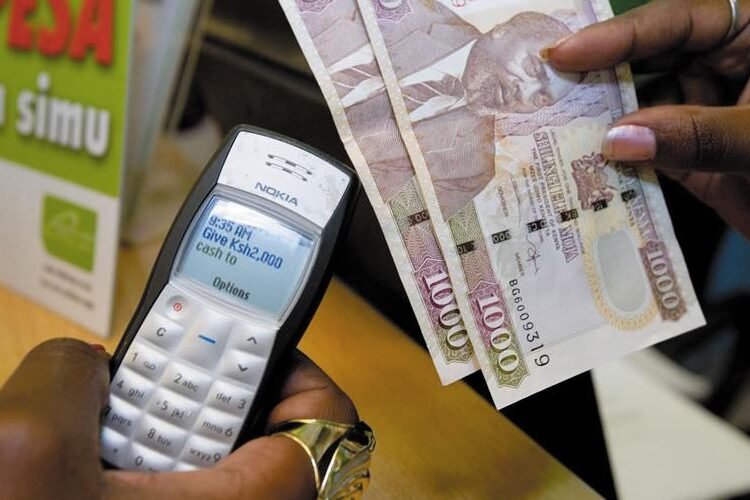The Rwandan government is considering ways to reduce fees charged on cashless transactions, and remove them in case the amount does not exceed Rwf10,000, with a view to lower costs for users and boost digital payments in the country.
Member of Parliament, Albert Ruhakana says currently, cashless transaction charges are still high, especially on small amounts.
Citing fees charged by MobiCash, a cashless mobile financial and payment service provider in Rwanda, Ruhakana said that a Rwf160 transfer fee is charged when the amount in question ranges from Rwf1 to Rwf1,000.
Yet, from Rwf300,000 to Rwf500,000 transactions, Ruhakana said, the fee is Rwf3,000; while for Rwf500,000 to Rwf1 million, you pay Rwf4,000; and a fee of Rwf5,000 for over Rwf1 million transaction.
He added that such fees are also imposed when a person is paying taxes to the Rwanda Revenue Authority (RRA).
“Considering these charges, you wonder how the [country]’s good cashless [economy] policy will be possible,” Ruhakana said.
This was during a session held early this month, when the Minister of ICT and Innovation, Paula Ingabire, was explaining some of the issues affecting the ICT sector in the country.
Ruhakana asking the Minister what must be done so that such fees are lowered added that one of the main reasons why people still use cash in transactions is the associated cost.
Minister Ingabire said that the study they (the ministry) carried out in partnership with MasterCard, an American payment innovation and technology firm, for 18 months, showed that most people transact money between Rwf1 and Rwf10,000.
“Though the value is small, they are very many. It is a person who pays for a product worth Rwf3,000, Rwf4,000, or Rwf8,000; that is where there is a very big volume,” she explained.
“The big impact would not be achieved on people transacting between Rwf300,000 and Rwf500,000, when a Rwf3,000 is charged to them. But, a person who has to pay Rwf160 on Rwf1, 000 that they transact, she/he feels the pain of that transaction. If it is removed, we see that we can have many people who can make cashless transactions,” she said, referring to fee abolition.
Talking about merchants, she said that currently, the fee is 0.5 per cent of the payment made for the case of MTN (MoMo Pay), and about 1 per cent for Airtel Money.
Going forward, she said they will look at the incentives that the government should provide for those service providers, including banks and telecommunication companies, so that there is a threshold where the cost is scrapped, but at the same time increase the number who can transact, and get many people in that bracket.
According to the National Bank of Rwanda’s Annual Report for the year 2021/2022, the number of funds transfers through mobile payment channels, rose by 58 per cent from 196 million to 310 million transactions, and the value increased by 41 per cent from Rwf4, 707 billion to Rwf6, 616 billion.
Transfers through internet banking increased by 42 per cent from more than 1.5 million to more than 2.2 million transactions, and the value of transactions increased by 57 per cent from Rwf2,672 billion to Rwf4,200 billion.
According to Jean-Claude Inyamibwa, a resident of Gasabo District and taxi-moto rider, reducing mobile money charges on small transactions is a good idea for low-income earners.
Given this situation, he pointed out, “there is where it is not possible to pay” using digital means since the cost would be excessive.






























































